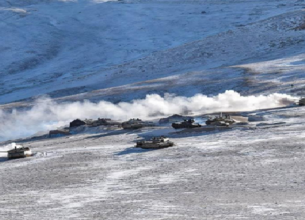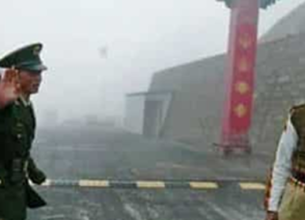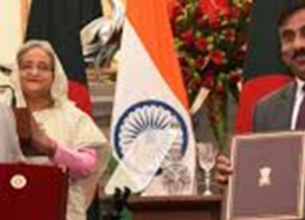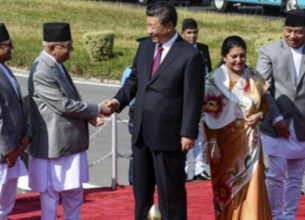SIXTH INDIA-CHINA STRATEGIC ECONOMIC DIALOGUE
10, Sep 2019
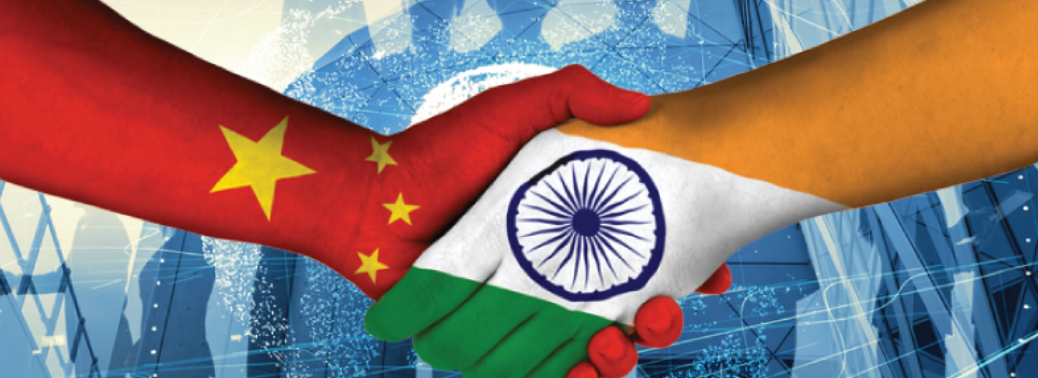
Prelims level : India- Bilateral Relations
Mains level : GS-II- India and its Neighbourhood- Relations
Why in News?
- The sixth India-China Strategic Economic Dialogue (SED) came to a conclusion with both sides agreeing that the SED has emerged as a crucial mechanism to facilitate bilateral trade and investment flows and enhance economic cooperation between the two sides.
Highlights:
- The SED was set up in the year 2010 between the erstwhile Planning Commission of India and the National Development and Reform Commission (NDRC), China
- The SED has since then served as an effective mechanism for enhancing bilateral practical cooperation.
- NITI Aayog after its formation has taken the Dialogue forward giving it a greater momentum.
- Under the aegis of the SED, senior representatives from both sides come together to constructively deliberate and share individual best practices and identify sector-specific opportunities for enabling ease of doing business and facilitating trade and investment.
Mutual Agreements:
Policy Coordination:
- The two sides undertook in-depth discussions reviewing trade and investment climates in order to mutually identify complementarities and harness synergies to this effect future engagement.
Working Group on Infrastructure:
- The two sides noted the significant progress made in the feasibility study on Chennai-Bangalore-Mysore railway upgradation project and personal training of Indian senior railway management staff in China, both of which have been completed.
- The two sides agreed to identify new projects for cooperation as well as support enterprises to expand cooperation in the transport sector.
Working Group on High-Tech:
- The two sides assessed the achievements made since the 5th SED and exchanged views on regulatory procedures of ease of doing business, development of artificial intelligence, high-tech manufacturing, and next-generation mobile communications of both countries.
Working Group on Resource Conservation and Environmental Protection:
- The two sides discussed and reviewed the progress made in the fields of water management, waste management, construction & demolition waste and resource conservation.
Working Group on Energy:
- Both countries identified future areas of collaboration and resolved to work on Renewable Energy space, Clean coal technology sector, Smart Grid & Grid integration and Smart meters & E-mobility sectors.
Working Group on Pharmaceuticals:
- It was also decided that both sides should promote pragmatic cooperation, strengthen complementary advantages in pharmaceutical industry and explore cooperation for promoting Indian generic drugs and Chinese APIs.



